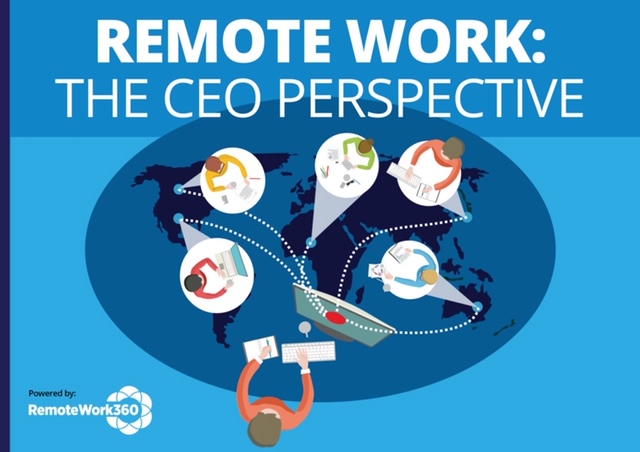Remote work news from around the globe: August
- Home
- Supplier Directory
- Attendance & Monitoring
- Collaboration & Communication
- Cloud Telephony & VOIP
- Collaboration & Secure File Sharing
- Communication Software
- Creative Tools
- Culture Building
- Interactive presentations/screen sharing
- Messaging Tools
- Online Training
- Productivity
- Project Management
- Shared workspaces
- Time Tracking
- Video Conferencing
- Virtual Water Cooler
- Web Developer tools
- Finance/Accounting
- HR/Talent Management
- IT
- Managing Remote Teams
- Productivity
- Project Management
- Remote Workplace Wellness
- Sales & Marketing
- eNewsletter
- Events / Education
- About Us
- News
Remote Work News
ByHeidi Williams
Remote Working – The Latest News
Each month, we bring you the most interesting news stories from across the globe, on remote work and how companies are adapting to remote, here’s our August round-up:
Uncertainty around when employers will look to bring employees back
The Wall Street Journal reported that Businesses which had planned to return workers after September 7, Labour Day were having to rethink due to high infection rates and employee anxieties.
CNBC reported back in April that most industries – like banking, would need to see ubiquitous testing in place before a return to work is considered, which continues to be a problem in many areas. Meanwhile, The Financial Times suggested that US and UK staff were more negative about returning to work than their counterparts in Europe. Government advice varies from country to country, with those that were quicker to introduce stricter lockdown measures able to open up more quickly than those which didn’t.
Financial Times reports that City employers plan for lasting switch to remote working
London’s financial district is setting out plans for staff to work from home on a more regular basis, the Financial Times reported on August 23 2020.
FT.com notes that big employers including NatWest Group and Standard Life Aberdeen have confirmed that staff will not return to the office until early next year, whilst others have changed policies to allow staff to work from home on an ongoing basis.
See the full article here: https://www.ft.com/content/a2fd84a8-172e-4c9d-9824-0504e86f2da1
Plans are afoot at many large businesses, for employees to work from home and corporate offices to be turned into collaboration hubs for meetings and in person events. Big employers including Lloyds Banking, Schroders and Virgin Money are all reviewing more efficient ways for their teams to work remotely and collaborate effectively.
The Conversation.com, Australia’s leading media outlet reports that working from home will reshape the nation.
A modelling study by Victoria University’s Centre of Policy Studies, suggests there will be negative aswell as positive impacts with greater economic disparities between regions opening up and an unequal growth of cities. For full details of the modelling study
Workplaceinsight.net reported that Remote work is a race to the bottom
Workplaceinsight cited a report from Bloomberg highlighting how a rush to freeelancing sites as redundancies increase, is applying downward pressure on incomes. The report shows how pay for an average job on Freelancer.com has dropped a whopping 20% in the past 6 months, due to an increase in available supply of labour. This insightfully written piece discusses the pressure of global competition, whereby workers are competing from vastly different economies, on the future of work and the
Harvard Business Review advised readers on how to save time whilst working remotely
Their article claimed we have eliminated an incredible 89 million hours each week by removing the daily commute – that’s a lot of creativity potential, right there! They conducted a survey which suggested that, despite this time saving, many of us did not necessarily use it to be more productive. They identified six strategies to help employees structure their time more efficiently, including experimenting with time- management, focusing on daily must-wins and giving yourself a Feierabend – a German daily evening celebration where work is switched off for the day. Read the full article here
Related Posts
An estimated 86.3% of San Francisco employees are working from home, the highest rate among 10 major ...
May 11, 2021
In the third instalment of her blog - you can catch the first, on maintaining creativity here and ...
January 22, 2021
The different “kinds” of remote: finding the right fit your business Covid-19 has turned our world ...
January 14, 2021
RemoteWork360
RemoteWork360.com is powered by Chief Executive Group, which exists to improve the performance of business leaders, build communities and strengthen society.
Latest Insights
COPYRIGHT ©2020 REMOTEWORK360. ALL RIGHTS RESERVED.



